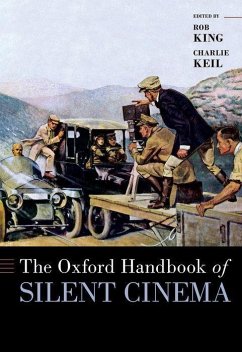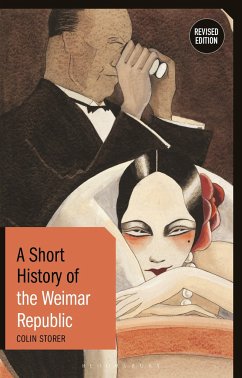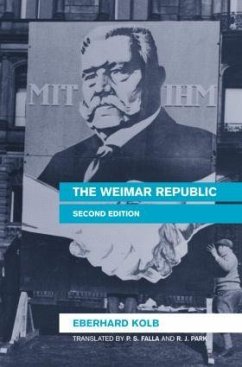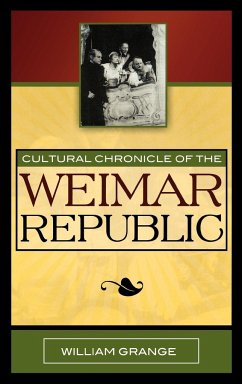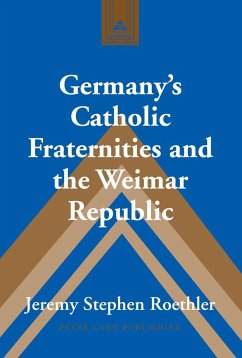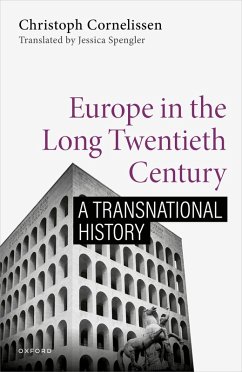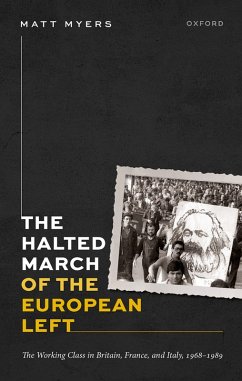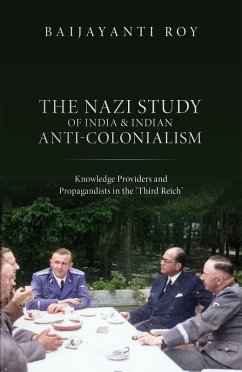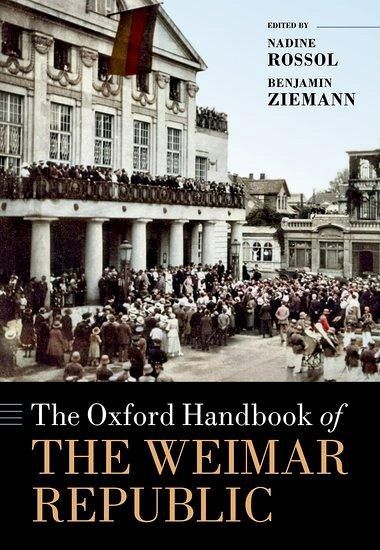
The Oxford Handbook of the Weimar Republic
Versandkostenfrei!
Versandfertig in über 4 Wochen
224,99 €
inkl. MwSt.

PAYBACK Punkte
112 °P sammeln!
The Weimar Republic was a turbulent and pivotal period of German and European history and a laboratory of modernity. The Oxford Handbook of the Weimar Republic provides an unsurpassed panorama of German history from 1918 to 1933, offering an indispensable guide for anyone interested in the fascinating history of the Weimar Republic.



